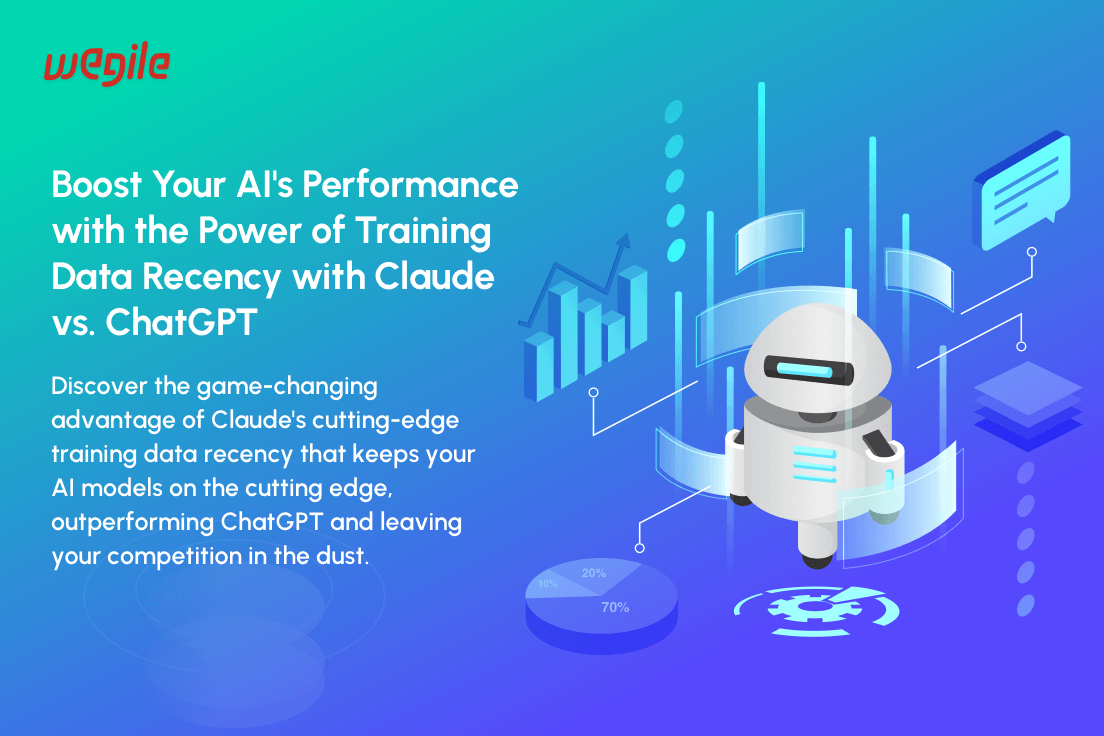Insights/ Generative AI
By: Himani Juneja | 12 Min Read |
Published: August 08, 2023 | Updated: December 02, 2025


THE AUTHOR
Project Management Officer (PMO) at Wegile
Himani Juneja specializes in IT project leadership, agile delivery, and product execution. Her hands-on experience with software development workflows adds valuable technical depth to the content she contributes.
E41 Industrial Area, Phase 8, Mohali - INDIA 160071
813, Global Business Hub, Near WTC, Kharadi, Pune, Maharashtra 411014
1270 Avenue of the Americas 7th Floor New York, NY, US 10020